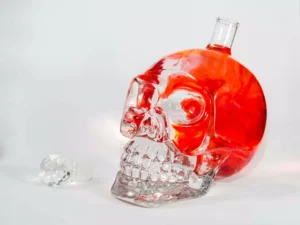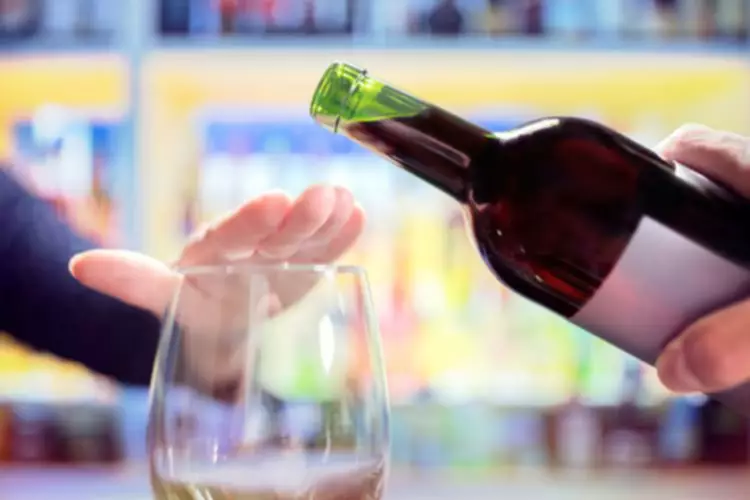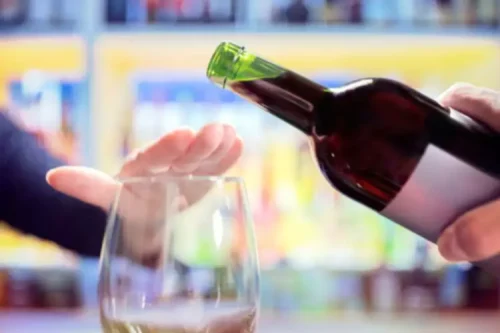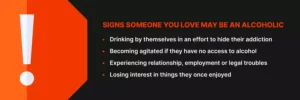


This may include family members, friends, support groups, and mental health professionals. Support groups specifically tailored for individuals with co-occurring PTSD and substance use disorders can provide a sense of community and shared understanding. For those who have experienced trauma related to parental alcoholism, specialized support groups can offer valuable resources and understanding. In this way, drinking can compensate for the endorphin withdrawal that follows a traumatic experience. The endorphin compensation hypothesis (ECH) suggests that when people drink alcohol after traumatic events, the alcohol makes up for the lack of endorphin activity (Volpicelli 1987). According to this hypothesis, rats exposed to uncontrollable shocks should consume more alcohol than rats exposed to controllable shocks to compensate for the lack of endorphin activity that occurs after experiencing uncontrollable shocks.



Treatment options for PTSD anger
Thus, in addition to effects on stress reactivity, early-life events might predispose individuals to the development of alcohol use disorders by directly influencing the reinforcing effects of alcohol. First, the cross-sectional and correlational nature of the data precludes causal determination of examined associations. Future research is needed to investigate the nature and direction of these relations through prospective, longitudinal investigations. Future investigations should include objective measures shown to demonstrate concordance with emotional responding (Gratz et al., 2006). Fourth, the measure of down-regulation utilized here assessed positive emotions broadly. Future investigations in this area should assess for and explore these trauma characteristics.
Anger and Trauma



By shifting your focus to these positive actions, you can dissipate the desire to drink and naturally boost your serotonin levels. This list of “whys” serves as a powerful reminder of your commitment to positive self-care. It forms the foundation of your new and exciting lifestyle choice, reinforcing your https://ecosoberhouse.com/ resolve and inspiring you to keep moving forward.
Personality and the Propensity to Become Aggressive When Intoxicated
The association between PTSD and alcoholism is particularly strong for women. In adults, the rates for co-morbid PTSD and substance use disorders are two to three times higher for females than males, with 30 to 57 percent of all female substance abusers meeting the criteria for PTSD (Najavits et al. 1997). Women’s increased risk for co-morbid PTSD and substance dependence is related to their higher incidence of childhood physical and sexual abuse. For example, in a group of adolescents, a history of sexual abuse increased the risk of problem drinking to 20 times the normal rates of alcohol abuse for both sexes. However, females were much more likely to have been sexually abused than males and consequently the symptoms of PTSD were more common for female than male alcohol abusers (Clark et al. 1997).
- Anger, when harnessed, can also motivate people to stand up against injustice.
- Damage to amygdalar control due to overactivation of the amygdala and underactivation of the medial prefrontal cortex as major factors in PTSD pathophysiology have been consistently reported 29.
- Also known as “fight-or-flight” mode, this reaction normally starts in the amygdala, an area of the brain that affects how you react to events.
- In the next section, two studies focus on the prevalence and correlates of AUD and PTSD in racial and ethnic minority communities.
The first step in addressing problematic drinking is to redefine what it entails. By removing traditional stereotypes, we can encourage people to recognise that their relationship with alcohol deserves attention and care. Research reveals that individuals with PTSD are almost four times more likely to develop Alcohol Usage Disorders compared to those without PTSD. Additionally, using alcohol to self-medicate can create a vicious why do some people get angry when they drink cycle. Alcohol is a depressant, which means it can exacerbate PTSD symptoms such as anxiety and depression. Survivors of childhood trauma have been through much and lost out on their childhoods, plus the parenting they needed.



How common is violence in people with PTSD?
- If you are feeling deep-seated anger because you are a survivor of childhood trauma and live with complex post-traumatic stress disorder, you can heal.
- SS was compared to relapse prevention in a community sample of 107 women with SUDs and either PTSD or sub-threshold PTSD (Hien et al., 2004).
- Unfortunately, the use of the substance or behavior becomes one of the few ways they can escape the daily dungeon of PTSD and the frequency of using that escape hatch or self-medicating object progressively increases.
When internalized, anger can lead to survivors becoming self-critical and self-hating, even if they do not realize it. When self-inflicted anger reaches serious proportions, it can play a huge role in feeling depressed and worthless. Self-inflicted anger leads to self-defeating and self-destructive behaviors, including suicidality.
- But the best choice for you and the people around you is to enter treatment and work to become a better person.
- In previous brain imaging studies, abnormalities have been found in circuits between the amygdala, medial prefrontal cortex, insula, anterior cingulate cortex, and hippocampus, which are mainly related to fear perception and response 29.
- In their pursuit of relief, some individuals turn to alcohol as a form of self-medication, to numb their symptoms and flashbacks, or to try to feel a bit more in control of their thoughts and daily life.
- At SoberBuzz, they understand the complexities and challenges that can arise when re-evaluating your connection with alcohol.
- Many trauma survivors experience elevated levels of anger, aggressive outbursts, and physical violence.
- People with dissociative rage may find it difficult to express their anger healthily, leading to destructive patterns like self-injury, substance use, negative self-talk, or acting aggressively toward others.
- Alcohol abuse can increase the severity of your depression and anxiety.
To avoid the increase in PTSD symptoms following a bout of drinking, the patient is caught in a vicious cycle in which he or she must continue to drink to avoid the unpleasant reaction following an alcoholic binge. An opioid antagonist such as a naltrexone would block the endorphin response and reduce the desire for alcohol. In an animal study (Volpicelli et al. 1986), we have shown that the opioid blocker naltrexone can prevent increased alcohol consumption following trauma. Rats heroin addiction will typically increase their alcohol consumption after several days of 1-hour sessions of brief electric footshocks.